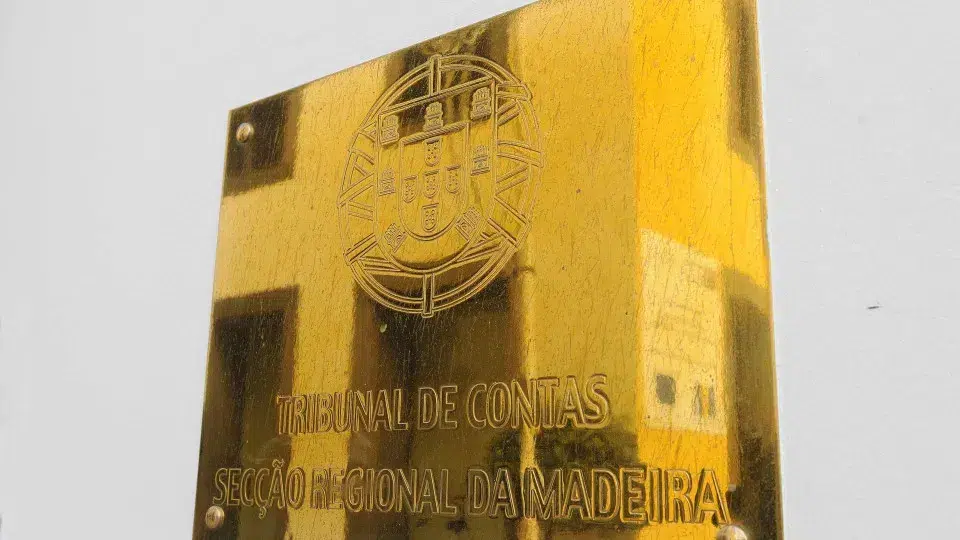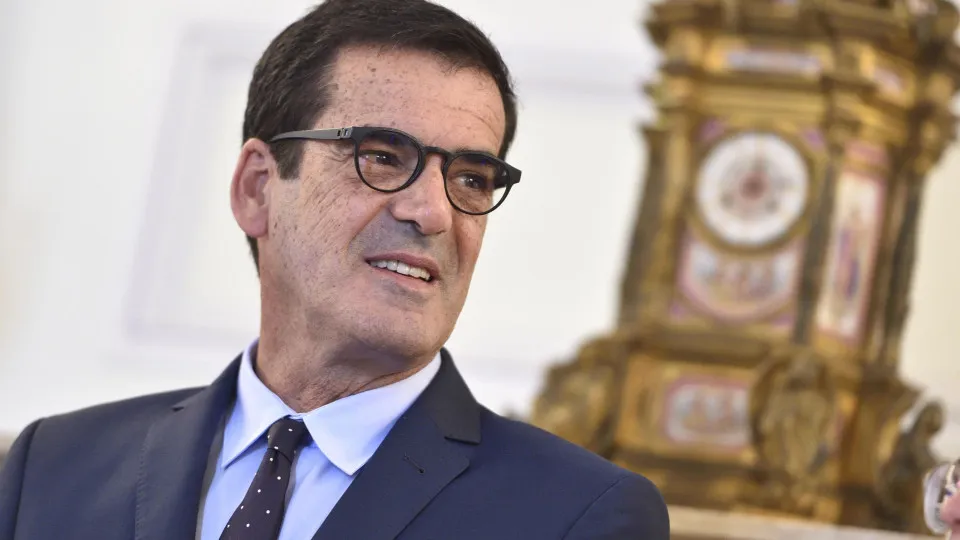
During a hearing at the Portuguese Parliament about the detailed review of the proposed State Budget Law for 2026, PSD deputy Adriana Rodrigues inquired Filipa Urbano Calvão, President of the Court of Auditors (TdC), about whether alternative forms of “concurrent or subsequent oversight” could expedite contract execution processes instead of relying on a model based on prior control.
Filipa Urbano Calvão acknowledged that a concurrent model could expedite processes but noted it would come with costs to the State.
In the debate between prior control and other forms, Calvão pointed out that prior control has a significant advantage: it helps prevent actual damage to public funds, contrasting with other oversight methods.
“In cases of illegality involving public spending that breaches financial and procedural rules, prior control makes it possible to avoid losses to public finances that concurrent and subsequent oversight may not prevent, as concurrent oversight doesn’t always allow timely corrections of potential illegalities,” she stated.
When the TdC conducts post-monitoring of actions or public contracts involving expenses, it assesses the responsibility for any illegal practices and raises the enforcement of that responsibility.
The President explained, “In discussing high-value contracts or those with long-term execution, neither concurrent nor subsequent control is adequate to prevent such losses to public finances.”
“For amounts above a certain threshold, it is very difficult for a public officeholder or manager to restore such sums to the State,” she emphasized, underscoring the importance of prior contract control.
“I concede that a logic of concurrent or subsequent control may expedite public spending, as it implies no immediate preliminary control. However, concurrent oversight will require a strong follow-up on public actions, including recommendations that will ‘delay’ this spending execution to conform to prevailing legal standards,” she commented.
She further noted, “I don’t believe the delay or slowness in public actions can be attributed to the tribunal’s intervention in prior contract control.”
The President suggested it might not be beneficial to forgo prior control for certain contracts in favor of subsequent oversight.
“I am unsure if transitioning from prior to concurrent control is the solution for accelerating the pursuit of public interest, nor what additional benefit we might ultimately achieve,” she stated.
This control also ensures “the credibility of the Portuguese State before international institutions significant to Portugal, especially regarding external public funding,” she added.
Filipa Urbano Calvão referred to the reform of the TdC’s organic law, which the Government plans to present to parliament in January. Today, Minister Gonçalo Matias announced that lawyer Rui Medeiros is leading the legislative amendments.
The President expressed hope that the tribunal would be consulted by the Government during both the drafting of the law proposal and its parliamentary discussion, and indicated that the TdC would voice its opinion at that phase of the initiative.




